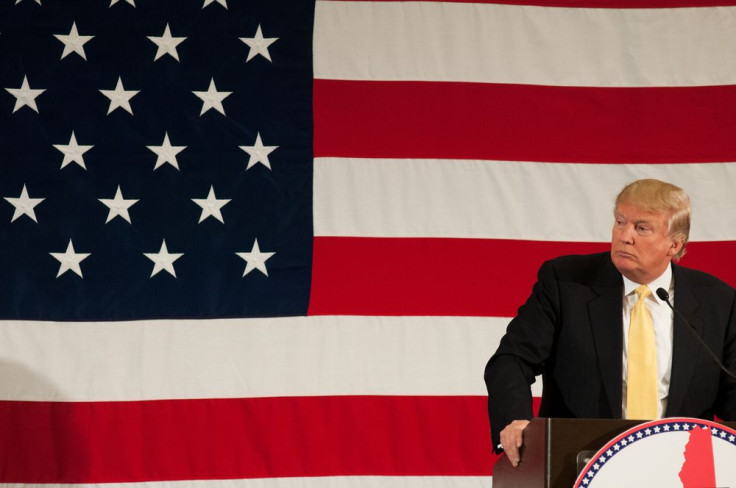U.S. President Donald Trump signed an executive order titled, “Safe Policing for Safe Communities” on Tuesday in the White House’s Rose Garden.
The order came into being to bring forth meaningful criminal justice reform, weeks after violent protests erupted across the country in retaliation to police brutality and racism that cost George Floyd, an unarmed black man, his life while being in Minneapolis Police Custody.
The order primarily entailed ensuring that policing standards will be “high and strong” in addition to offering incentives to adopt fresh standards for the use of force, in a bid to build trust between communities and law enforcement. One of the biggest dampeners was the non-inclusion of a ban on chokeholds. The order, however, maintains that the police tactic should only be considered as the last resort if lives are in acute danger.
Expressing dismay over the recent violent protests that led to the loss of the lives of several law enforcement officials during the George Floyd Protests, Trump reiterated that law and order will not be tampered with. Henceforth, demonstrations will have to bear “grave” consequences upon engaging in looting, arson and vandalism.
Activists complained that the executive order failed to touch upon a few crucial pointers that were the need of the hour: sweeping policy changes and systematic racism. A volley of experts claimed that the order focused on police training rather than community safety.
“That executive order was not aimed at anything more than preserving the status quo,” said Kendall Thomas, a Columbia University Law professor who focuses on race, policing, and constitutional law, as per a media outlet. “This is not about embracing policies that would end punitive policing, it's about incremental reforms that will make punitive policing more powerful,” Thomas added.
Trump had earlier made it clear that defunding the police will not happen, the same was reiterated by an official who ran through the order and informed the press about the same. “The goal of this is to bring police closer together with the communities,” said a senior administration official on a call with the media, previewing the order. “We’re not looking to defund the police; we’re looking to invest more and incentivize best practices,” he added.

© 2025 Latin Times. All rights reserved. Do not reproduce without permission.




